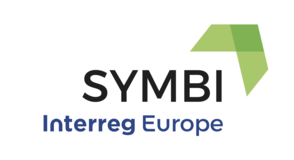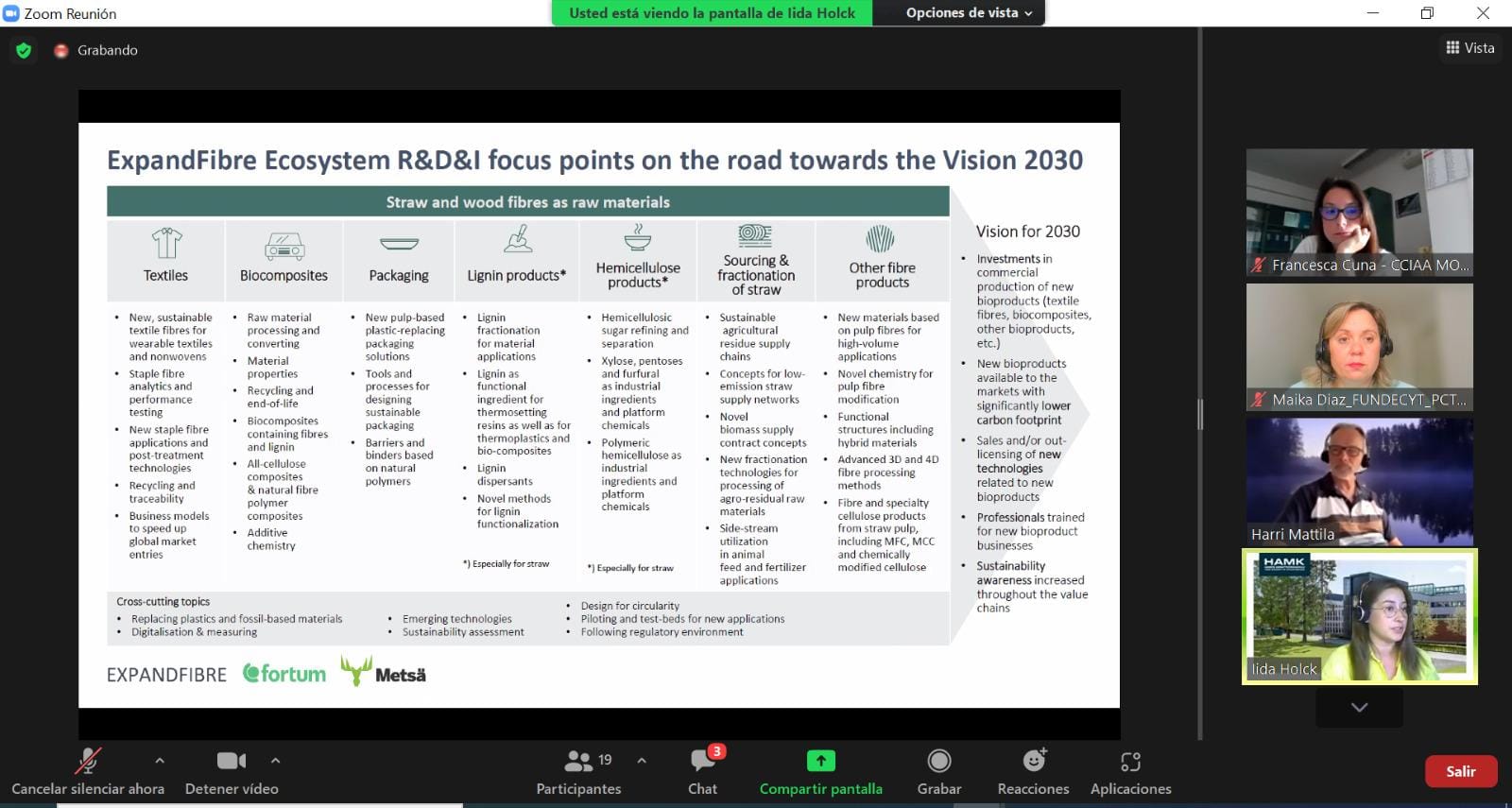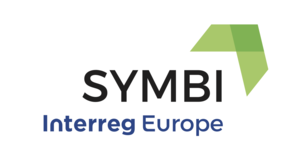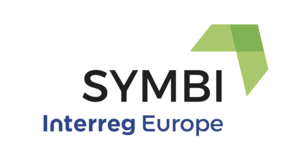Representatives of Joint Technical Secretariat invited representatives of different Interreg projects on circular economy to Brussels with intention to discuss the topic, search for synergies among projects and to share experience. The main aim was to get acquainted with setting up the Policy Learning Platform that serves to forge closer ties and synergies among Interreg project partners. Participants had intensified and profound debates on:
- obstacles, suggestions and solutions on legal aspect, planning, strategies and policy-making process in the field of circular economy, secondary raw materials and industrial symbiosis;
- waste management, recycling systems, separation processes and resource efficiency.
Searching for synergies with other projects, we found SYMBI to have a lot in common with several projects. Particularly strong link is between TRIS and SYMBI projects at the both are focusing on industrial symbiosis and how to make the support environment more favourable for setting up industrial eco-systems. Other links were identified also with the RETRACE project that is focusing on promoting systemic design as a tool to identify input and output potentials in the particular territory or region and thus, support transition into circular economy. The link with the ENHANCE project was established as well since the project looks into how EMAS systems could support transition into circular economy. Aiming at identifying good practices and make these cases transferable, projects contribute to drafting the European industrial symbiosis roadmap. The last panel discussion was dedicated to discuss the policy measures targeting circular economy at national, regional and local level. Panellists pointed out several challenges that we need to address and tackle if we want to speed up the transition towards circular economy, among them consumer behaviour, production cycles, use of secondary raw materials, adaptation of legislation to technological and innovation trends.






